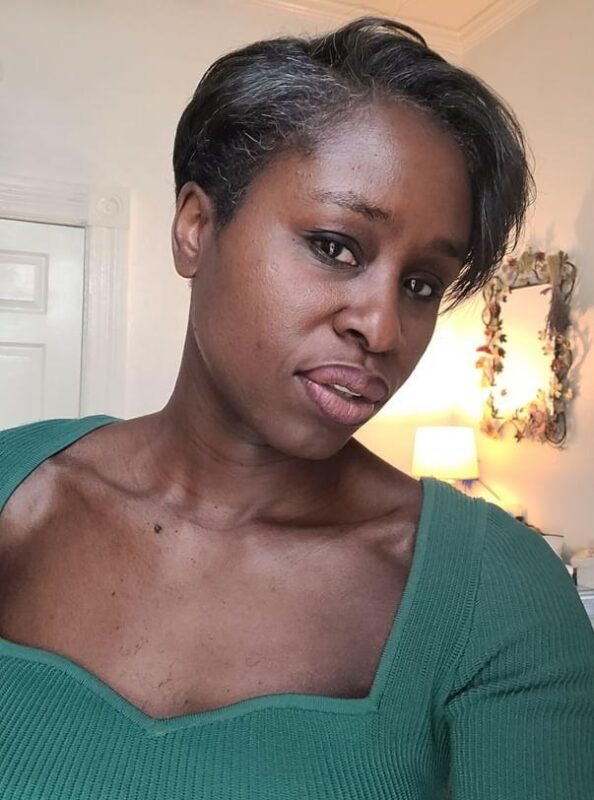President Joe Biden’s decision to step down and hand the reins of the Democratic presidential nomination to Vice President Kamala Harris was nothing short of unprecedented. The first woman, the first African-American, and the first person of South Asian descent to become VP now leads the ticket.
After choosing Minnesota Governor Tim Walz as her running mate, the ticket is the first from a major party to call for cannabis legalization. But where Gov. Walz is lauded for signing cannabis legalization into law in his home state, Vice President Harris’ record shows a more complicated arc.
Harris was a career prosecutor, served as Deputy District Attorney in Alameda County, and then DA in San Francisco before becoming California’s first woman, first Black person, and first Asian Attorney General. Though Harris has demonstrated a shift toward cannabis reform in recent years, career markers such as her law enforcement background and lack of support when she was DA for an adult-use ballot measure in 2010 add fuel to the discourse on whether Harris’ cannabis evolution should be viewed as progressive, or problematic.
“I think that Vice President Harris’s record tracks with the public’s record, to be honest,” says Cat Packer, Director of Drug Markets and Legal Regulation for Drug Policy Alliance. “We’ve seen public opinion on marijuana legalization change drastically, even just in the past 10 years.”
Packer said that Harris has gotten some heat for the role she played enforcing cannabis-related policies, “but if we look at those practices in context, those are in line with what other politicians and policymakers were doing at the time.”
Cal NORML Deputy Director Ellen Komp agrees. “She evolved as the country did. Her role also evolved,” she explains, adding that as San Francisco’s DA, “Harris adopted her predecessor Terrence Hallinan’s liberal views on medical marijuana.” She added that Harris has supported medical marijuana and left dispensaries alone. Komp, an advocate since 1991, cited Paul Henderson, who headed up Harris’ narcotic prosecution at the time, and said that their policy was not to put anyone in jail for mere possession. “Very few people were incarcerated, even during her time as DA.”
From co-sponsoring and championing the passage of reforms, including the SAFE Banking Act, the Marijuana Justice Act, and the MORE Act, when she was a Senator to convening a marijuana roundtable as VP to discuss reform and encourage states to follow President Biden’s lead by pardoning those convicted of simple possession—a move considered by many to be more symbolic than impactful—Harris has shown a willingness to change her position. To the advocates we spoke with, that in itself is progress.
“Evolution is always a positive thing. We wouldn’t want leaders who are not open to change,” says Stephanie Shepard, Director of Advocacy for the cannabis reform nonprofit Last Prisoner Project. “Some may say pardons haven’t done enough, and they’re correct, but it’s a step in the right direction; it’s more progress than we have had prior. To think that overnight we are going to solve this decades’ long history of cannabis criminalization is unrealistic.”
Packer believes Harris is in the unique position of being able to use the momentum created by the pardons and rescheduling that began under the Biden-Harris administration to take bolder action.
If elected, Packer feels Harris could create a national commission to advance equity in federal marijuana reform. “She could use this as a means to engage with communities that have been most impacted by cannabis criminalization to get them to weigh in, start to have conversations between impacted stakeholders and federal agencies,” she said.
Even though 88% of Americans support legalizing cannabis for medical or recreational use, Komp says, “It’s still hard to get it prioritized in Congress and elsewhere. So having someone like Harris, who has been out front for legalization, I think, could help a lot in the bully pulpit. We’ve never had a woman behind the bully pulpit as President.”
For Shepard, there’s no question about what Harris’ first step should be if elected. “First and foremost, release the 3000 prisoners that are incarcerated at the federal level,” said Shepard, who was federally incarcerated herself. She added, “I would have never thought five years [after my release] that I would still be fighting this fight.”
It’s crucial that citizens use well-vetted sources to conduct their own research. Sources like the Last Prisoner Project have created social media posts educating viewers about Harris’ and Trump’s positions on marijuana. Other valuable sources that help voters debunk misinformation include NORML’s Smoke the Vote guide, Drug Policy Alliance, and United for Marijuana Decriminalization.
But we can also benefit from recognizing the historical significance of this moment. “We have the first major party candidate to support legalization and it’s a woman, and it’s a woman of color,” said Komp. “To me it’s just a sign that the times, they are a-changing in so many ways.”
Photo: Official White House Photo by Lawrence Jackson/Flickr
This article is part of the upcoming Women in Cannabis print edition of Cannabis & Tech Today, arriving on newsstands and online in a few weeks.
Author
-

Kaisha-Dyan McMillan is a California-based copywriter & journalist that has been writing for and about cannabis since 2016. She currently serves as Senior Content Manager for cannabis cultivation platform AROYA.io and moderator of the weekly cultivation podcast, Office Hours.





